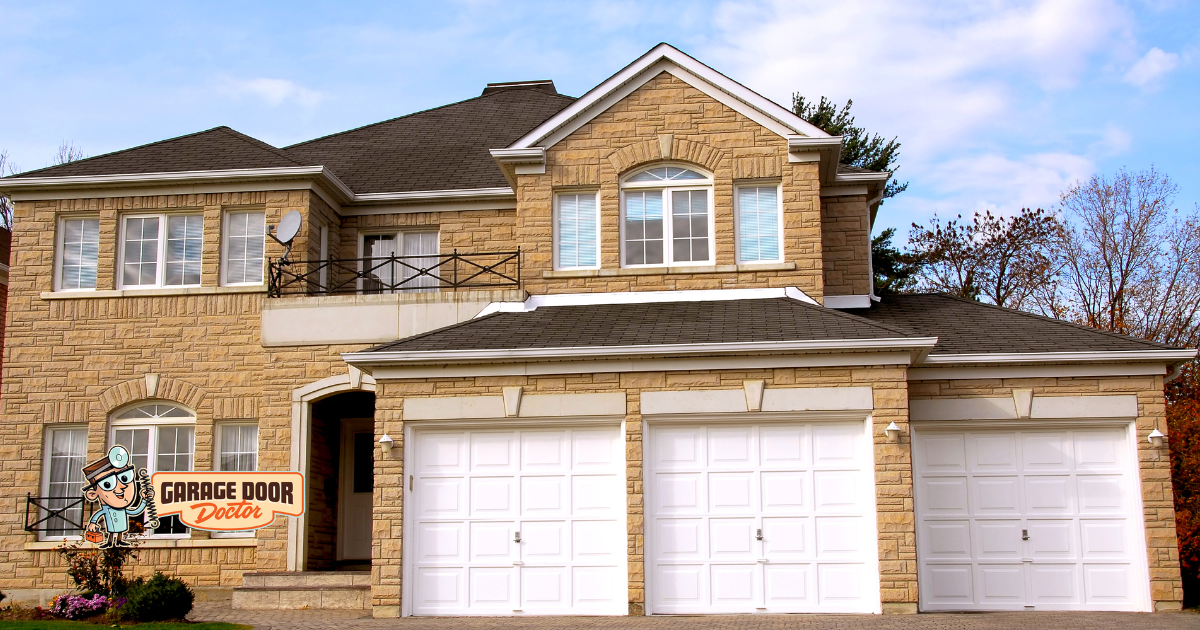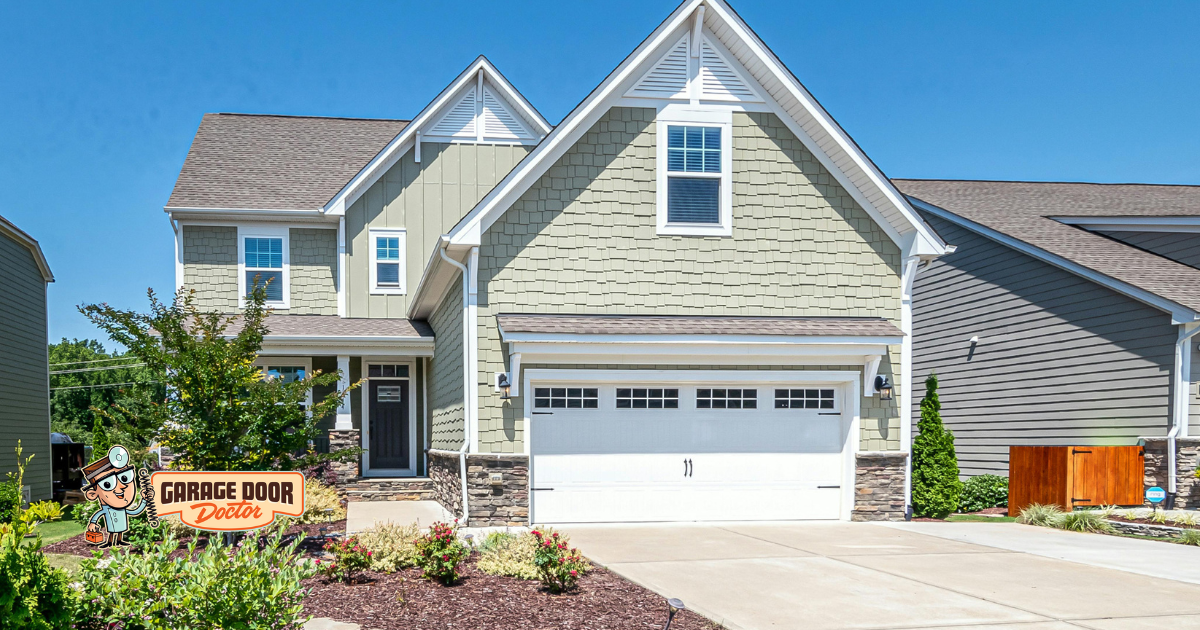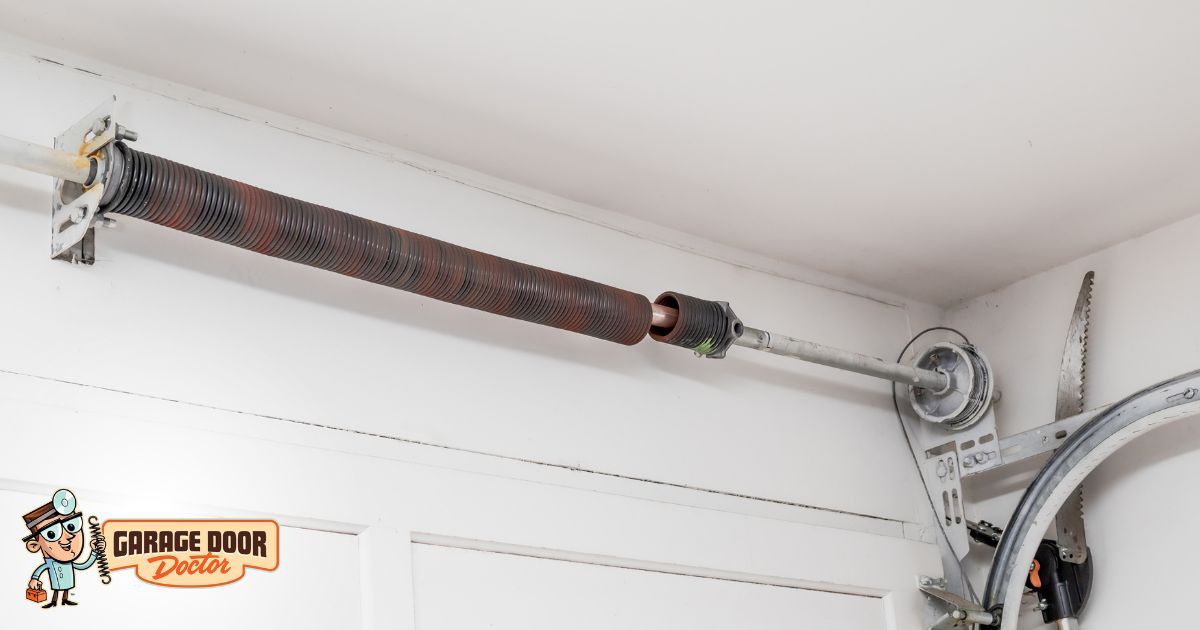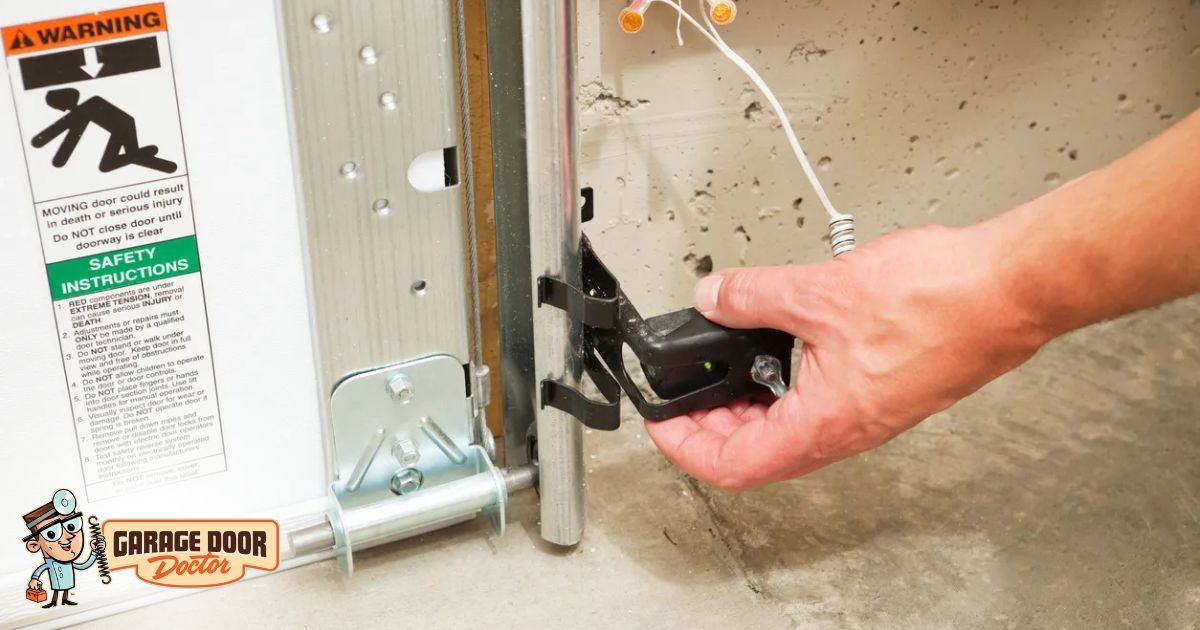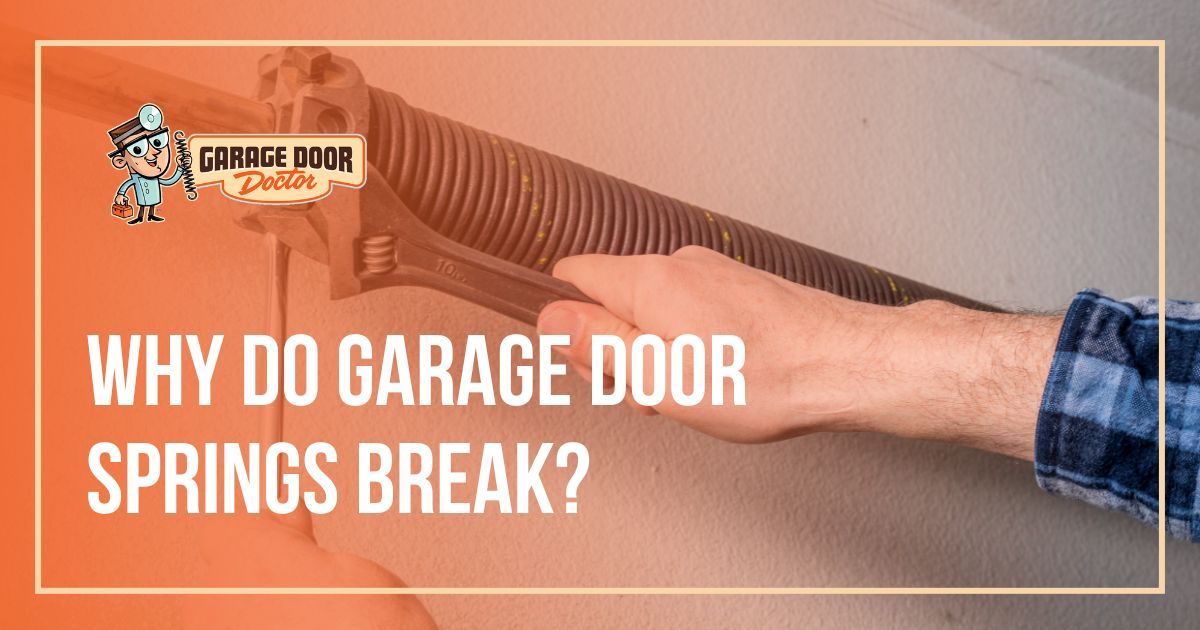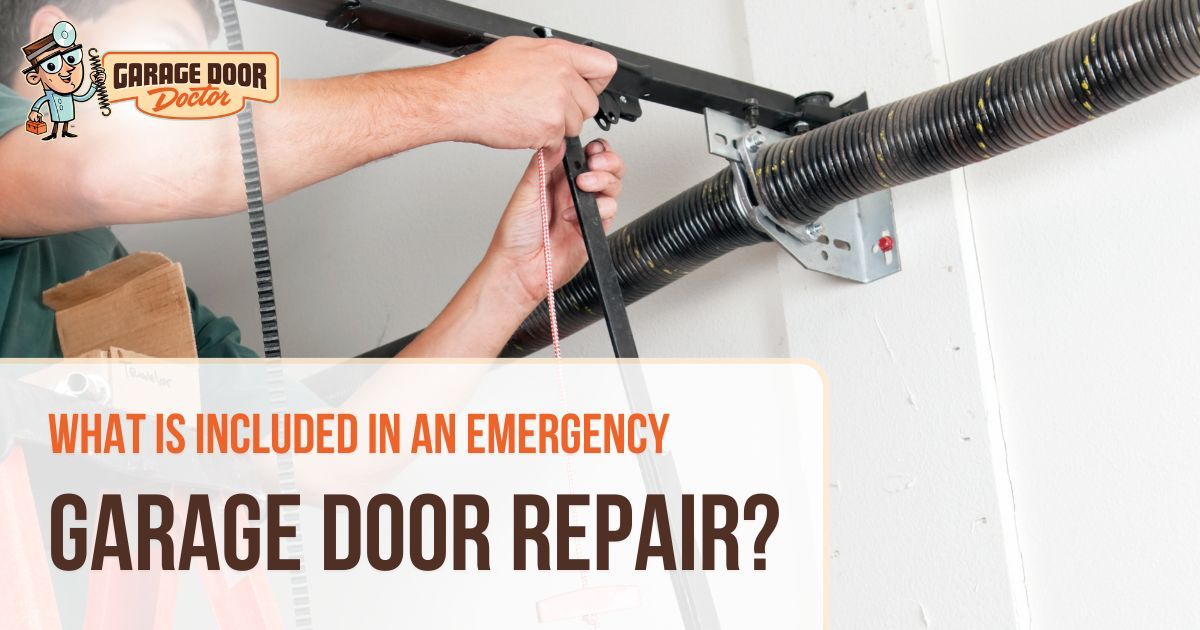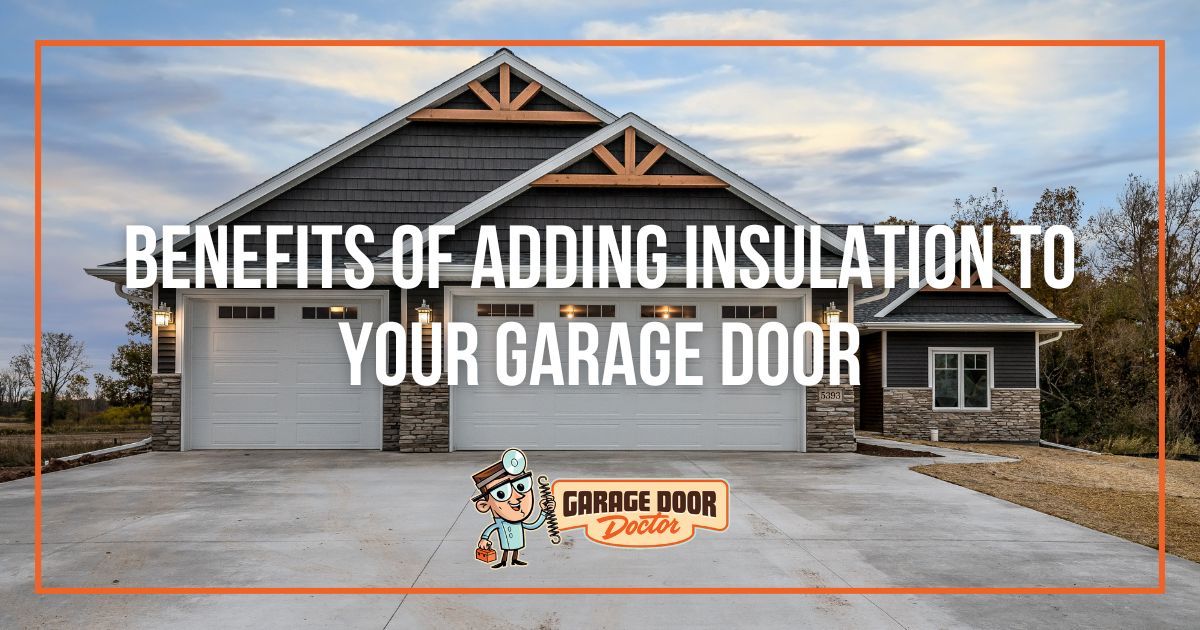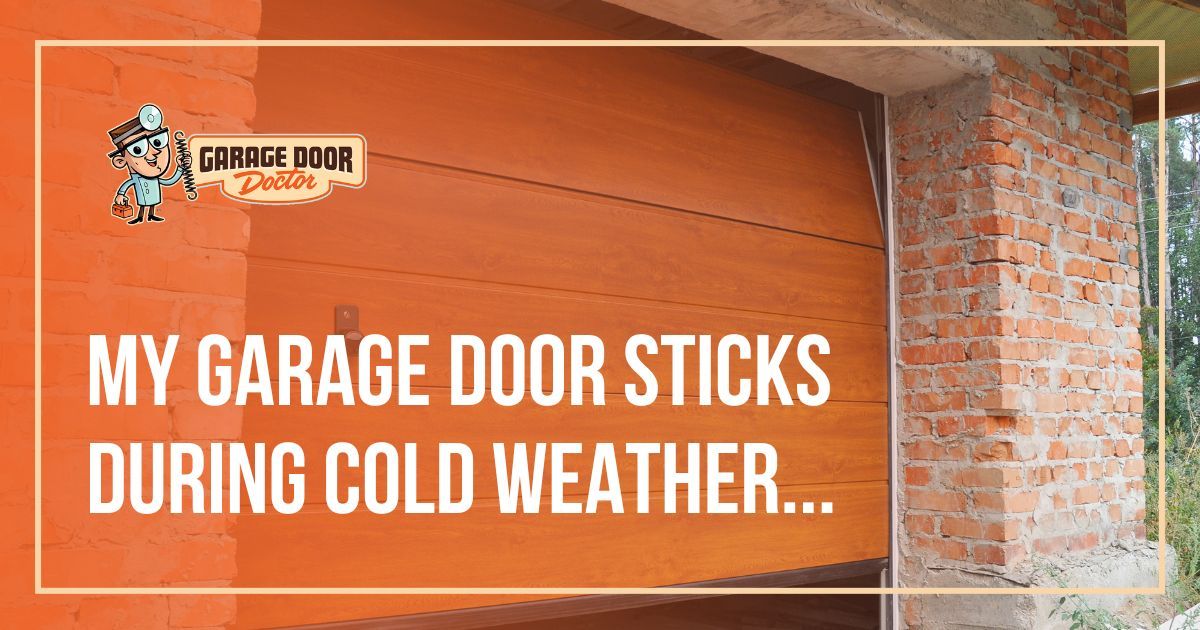Factors To Consider When Choosing a New Garage Door
Are you facing the daunting task of replacing your garage door and feeling overwhelmed by the numerous options available? Selecting the right garage door involves more than just picking an attractive design.
Garage Door Doctor LLC understands the complexity of choosing a new garage door and has helped countless Indianapolis homeowners make informed decisions. Our expertise in residential garage door installation ensures you get the perfect combination of functionality, style, and value. Understanding the key factors will help you make a choice that enhances your home’s curb appeal and meets your specific needs.
Understanding Your Material Choices
When choosing a new garage door, material options are crucial in determining durability, maintenance requirements, and overall appearance. Steel doors offer exceptional strength and security while requiring minimal upkeep. Wood offers natural beauty and customization possibilities but requires regular maintenance to prevent moisture damage.
Each material responds differently to weather conditions and climate variations. Steel withstands extreme temperatures without warping or cracking. Wood performs best in mild climates where temperature fluctuations remain moderate.
Consider these other popular materials:
- Aluminum doors are lightweight, rust-resistant, and ideal for coastal areas.
- Fiberglass mimics wood’s appearance while resisting moisture and cracking.
- Composite materials combine recycled content with energy efficiency.
Evaluating Insulation and Energy Performance
Garage door insulation significantly impacts your home’s energy efficiency and comfort levels. Insulated doors help regulate temperatures in your garage and adjacent living spaces. Look for doors with high R-values, which measure resistance to heat transfer.
Energy-efficient garage doors can reduce heating and cooling costs while creating a quieter environment. R-values above 16 mean excellent insulation performance for most climates. Polyurethane foam insulation offers superior thermal protection compared to polystyrene alternatives.
Selecting the Perfect Style
Choosing garage door styles involves matching your home’s architectural design with your aesthetic preferences. Traditional raised-panel doors complement classic home styles, while carriage-house designs add rustic charm. Contemporary homes benefit from clean-lined, modern door styles.
Consider window placement, decorative hardware, and panel configurations to achieve your desired aesthetic. Today’s manufacturers offer thousands of combinations to create a unique look.
Important Features and Installation Considerations
Residential garage door features extend beyond basic functionality, including security enhancements and smart technology integration. Motion sensors, rolling code technology, and robust locking systems protect your home and belongings. Smart connectivity allows remote monitoring and control through smartphone applications.
Professional installation ensures optimal performance and safety. Proper installation maximizes your door’s lifespan and prevents costly repairs. Quality workmanship maintains manufacturer warranties and ensures code compliance.
Consider these garage door installation tips:
- Verify compatibility with existing garage door openers.
- Ensure proper weatherstripping and sealing.
- Schedule installation with certified professionals.
Make the Right Choice With Garage Door Doctor LLC
Choosing a new garage door requires careful consideration of materials, insulation, style, and professional installation to ensure long-term satisfaction. We provide expert guidance and professional installation services throughout Indianapolis, IN, helping homeowners select doors that perfectly match their needs and budgets. Our experienced team handles every aspect of the installation process with precision and care.
For professional assistance selecting your new garage door in Indianapolis, contact Garage Door Doctor LLC at (317) 342-4995 today.

